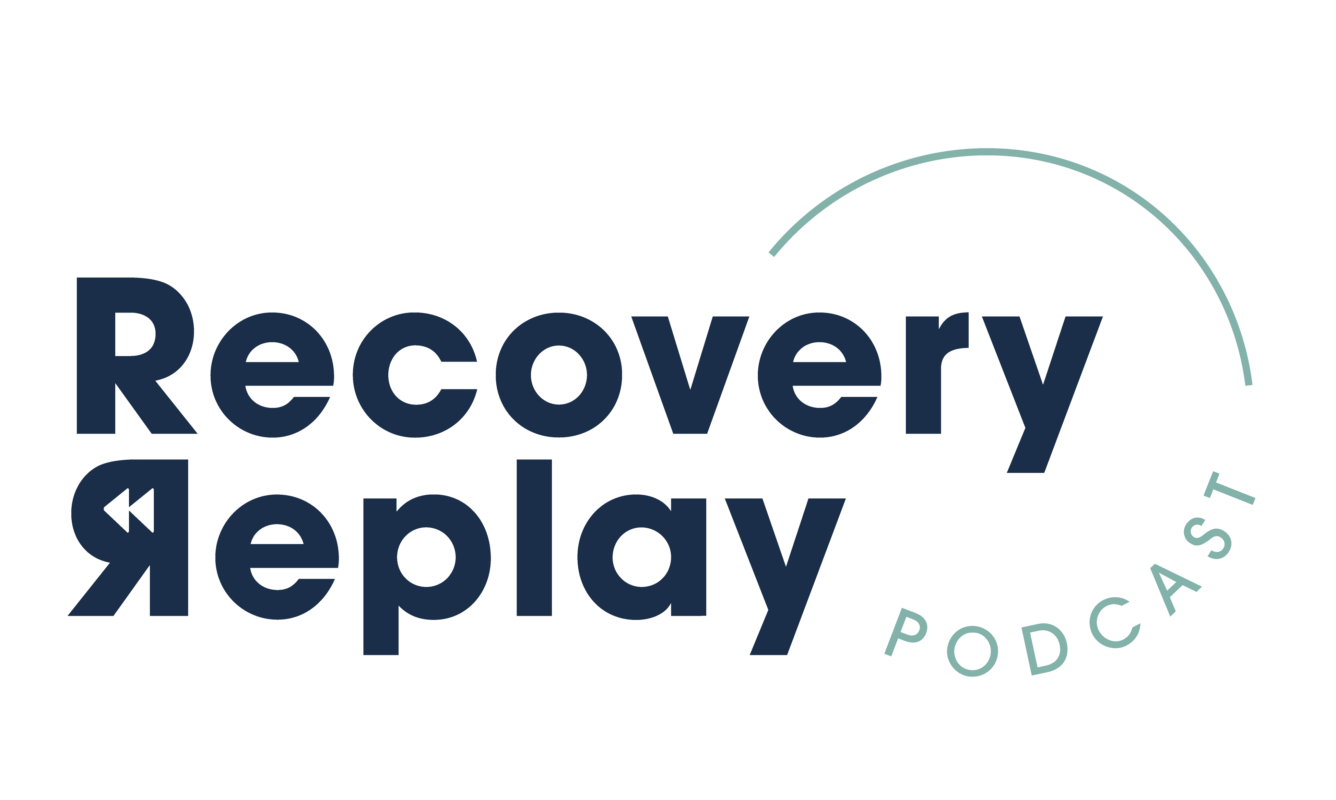S2 E3
Deena Harless: Unpacking Recovery (Part 1)
Released June 9, 2023
This episode shares the story of Deena Harless. We explore lasting effects of childhood trauma and family dysfunction. With expert insights from Eyerusalem Mulatu, the Director of Outpatient at The Meadows in Houston, Texas, the episode explores the complex dynamics of Deena’s journey from a troubled childhood to a resilient adulthood.
Deena’s story begins with a seemingly stable military family life until her parents’ divorce when she was eight years old. This event marked the start of a turbulent childhood filled with instability, neglect, and unhealthy coping mechanisms. As Deena’s mother, who battled cystic fibrosis, worked multiple jobs and began to act erratically, Deena felt increasingly disconnected and sought attention through acting out in school.
Eyerusalem Mulatu highlights the significance of Deena’s experiences, noting that the sudden upheaval and lack of communication during her parents’ divorce likely contributed to her feelings of disconnection and need for attention. Mulatu emphasizes the importance of providing children with emotional support and healthy coping strategies during times of family crisis.
Despite finding solace in sports, Deena began experimenting with alcohol in high school and became pregnant later in college. She hid her pregnancy from everyone except the baby’s father, ultimately giving birth to her son Austin in a traumatic delivery. Mulatu points out that the lack of support and shame surrounding Deena’s pregnancy likely contributed to her feelings of isolation and the development of unhealthy coping mechanisms.
As a young single mother, Deena faced numerous challenges, including an overbearing mother who controlled her life choices and finances. Mulatu explains that this dynamic is not uncommon in families with a history of dysfunction, as parents may attempt to overcompensate for past instability by exerting control over their adult children’s lives.
Through a series of difficult relationships, marriages, and divorces, Deena struggled to break free from the cycle of instability and unhealthy behaviors rooted in her childhood experiences. Mulatu emphasizes the significance of addressing childhood trauma and family dysfunction to prevent the development of unhealthy coping mechanisms and promote healing.
A turning point in Deena’s journey came when she and her new husband received military orders to move to Alaska, forcing her to confront life away from her family’s influence for the first time. Mulatu notes that this distance may have provided Deena with the space necessary to begin processing her experiences and working towards recovery.
Deena’s story serves as a powerful reminder to behavioral health professionals of the lasting impact of childhood experiences on mental health and the importance of providing trauma-informed care. Mulatu stresses the need for early intervention, support, and resources for individuals and families affected by trauma, addiction, and dysfunction.






